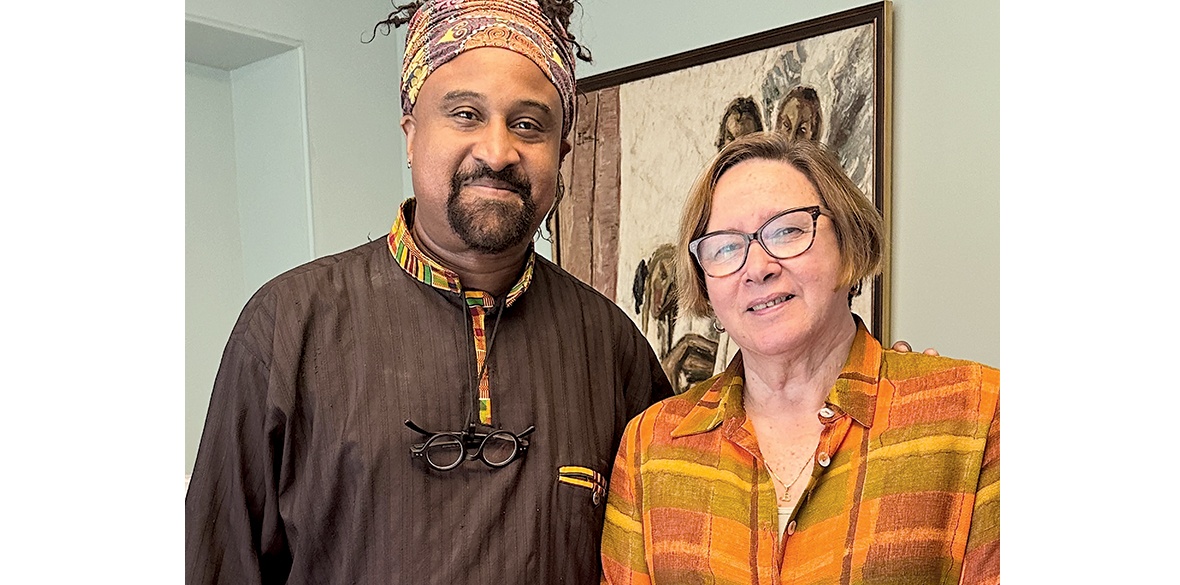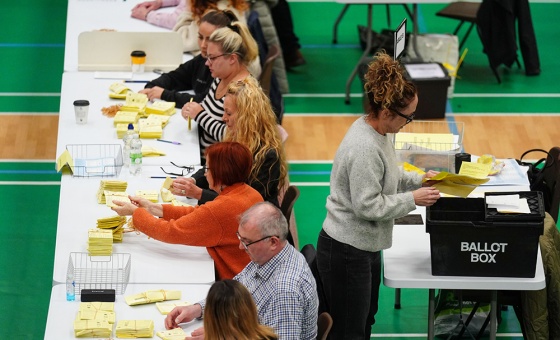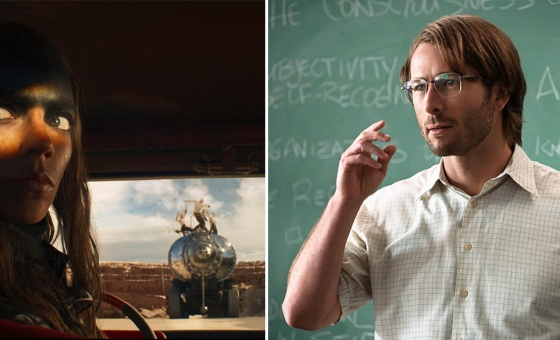This is the last article you can read this month
You can read more article this month
You can read more articles this month
Sorry your limit is up for this month
Reset on:
Please help support the Morning Star by subscribing here
CUBA demands its removal from the United States created State Sponsors of Terrorism List (SSOT), the Caribbean island’s ambassador to Britain said in an exclusive interview for the Morning Star.
Her Excellency Barbara Montalvo Alvarez says: “Who is the US to create this list? Who gave them the mandate? We don’t recognise the US has any moral authority to create such a list and US presidents know full well that Cuba has no links with terrorism.”
The list, first published in 1979, designated Syria, Iraq, South Yemen and Libya as state sponsors of terrorism. Cuba was added to the list three years later in 1982 under the Ronald Reagan presidency.
Why? Because it dared to support revolutionary struggles against colonialism in Latin America and Africa, including against the South African apartheid regime.
One of the reasons given for adding Cuba to the list was down to the island’s support of the Revolutionary Armed Forces of Colombia (Farc).
But, as Alvarez says: “President Joe Biden revoked the listing of Farc as a terrorist organisation back in 2021.”
Cuba has also been hosting and facilitating talks in Havana to bring an end to the long-running conflict in Colombia which, just this week, led to commitments by Farc that may pave the way to a lasting peace.
Cuba now sits on the list alongside Iran, North Korea and Syria, which restricts foreign aid, prohibition of defence sales, banning goods that could be used for civilian or military purposes as well as other financial constraints.
Alvarez says: “This is clearly a politically motivated action by the US and increases the damage that has already been caused by the illegal blockade of Cuba.”
The US has imposed an embargo on the sovereign Caribbean nation since the late 1950s, which bans the flow of all goods to Cuba including oil and much-needed medical supplies.
The Cuban government, backed by United Nations research, has estimated the total cost to the island’s economy over the six decades to be well in excess of the equivalent of £100 billion.
Even though every year the general assembly of the UN votes overwhelmingly in favour of a motion demanding an end to the economic blockade, the US refuses to listen.
The inclusion of Cuba on the SSOT list adds to the massive challenges already faced by the Cuban people.
Then president Barack Obama took steps to remove Cuba from the SSOT list in 2015 and eased many of the restrictions around trade and tourism.
“The Obama administration signed 32 different agreements with Cuba,” Alvarez tells me. But 10 days before the end of the administration of Donald Trump he reimposed “243 sanctions against Cuba, all of which are still valid under Biden,” she says.
Alvarez adds: “It’s a political aberration for Cuba to be on this list and many organisations, such as the Community of Latin American and Caribbean States, the European Union and many organisations within the US are calling for Cuba to be removed from the list.
“So why hasn’t President Joe Biden removed Cuba from the list?”
Biden was vice-president when the Obama administration eased relations with Cuba.
But, she tells me: “Biden has simply maintained Trump’s policies on Cuba. Cuba seems to be more about the domestic agenda of the US rather than an issue of foreign policy.
“We have a bizarre situation where someone with the power to allow for what most countries in the world want — an improved relationship with Cuba — refuses to do so.”
The ambassador says: “It causes severe damage to Cuba to be on this list. The moment we were placed on the list, 45 international banks immediately terminated relations with Cuba.
“This goes way beyond designating an adversary. It jeopardises our economic and commercial life and, of course, affects every individual. It is economic warfare against Cuba.”
Alvares adds that “even religious groups who want to give aid to our country are prevented from doing so because we are on the SSOT list. It worsens the impact of the blockade on supplies needed for our health and education system and the tourism industry, which is one of Cuba’s main currency earners.”
The ambassador says that if more people in the US and across the world knew what was happening they would be outraged.
“People need to learn more about what’s happening to Cuba. We believe this would create more solidarity with the Cuban people. We ask people to read and learn for themselves about what is happening. They don’t just need to take our word for it.”
Alvares was reminded about Comandante Fidel Castro imploring people not just to listen to what he and other leaders said but to go out and learn for themselves.
She says that people will see that, “rather than deserving to be treated like a terrorist country, it is Cuba that has been the victim of terrorism.”
As Castro once said: “I don’t think it is so difficult to solve the problems between Cuba and the United States; it all depends on whether there is a dialogue, a discussion.”
The US president has the choice of dialogue and discussion rather than hostility by removing Cuba from the SSOT list.
“The list is drawn up by the US secretary of state. It does not require approval from the US Congress to remove Cuba from the list, it just needs President Biden to pick up a pen and remove Cuba from the list.”
But in March of this year Secretary of State Antony Blinken told the powerful House of Representatives foreign affairs committee that the administration had no plans to remove Cuba from the SSOT list.
Alvarez says: “We believe that the more US opinion is informed about what is happening the more likely it is to be against the policy.”
Biden could easily resolve the matter with the stroke of his pen but, as with any other matters of politics, people in power rarely just do the right thing.
It requires the power of the people to force a change in policy. We need to support the great work of the Cuba Solidarity Campaign in Britain and the international movement that aims to mobilise the power of the people against the brutal and illegal blockade against Cuba as well as their inclusion on the SSOT list.
If you are in a union get them to raise their voices in Britain and through their international organisations and political contacts.
Invite speakers to meetings to hear about the impact of the brutal and illegal US policies towards Cuba.
Much is rightly said about the inspirational resilience of the Cuban people. We must match that resolve by doing all that we can to change US policy towards Cuba.
Cuba has only advocated having a good relationship with the US but this can never happen at the point of a gun or as a result of an illegal blockade.
Cuba has as much right to sovereignty as Ukraine or any other country. But, as Castro said: “Our position is that we do not accept conditions of any kind which may affect the independence and sovereignty of our country, just with the view to solve economic problems existing between the United States and Cuba.”











